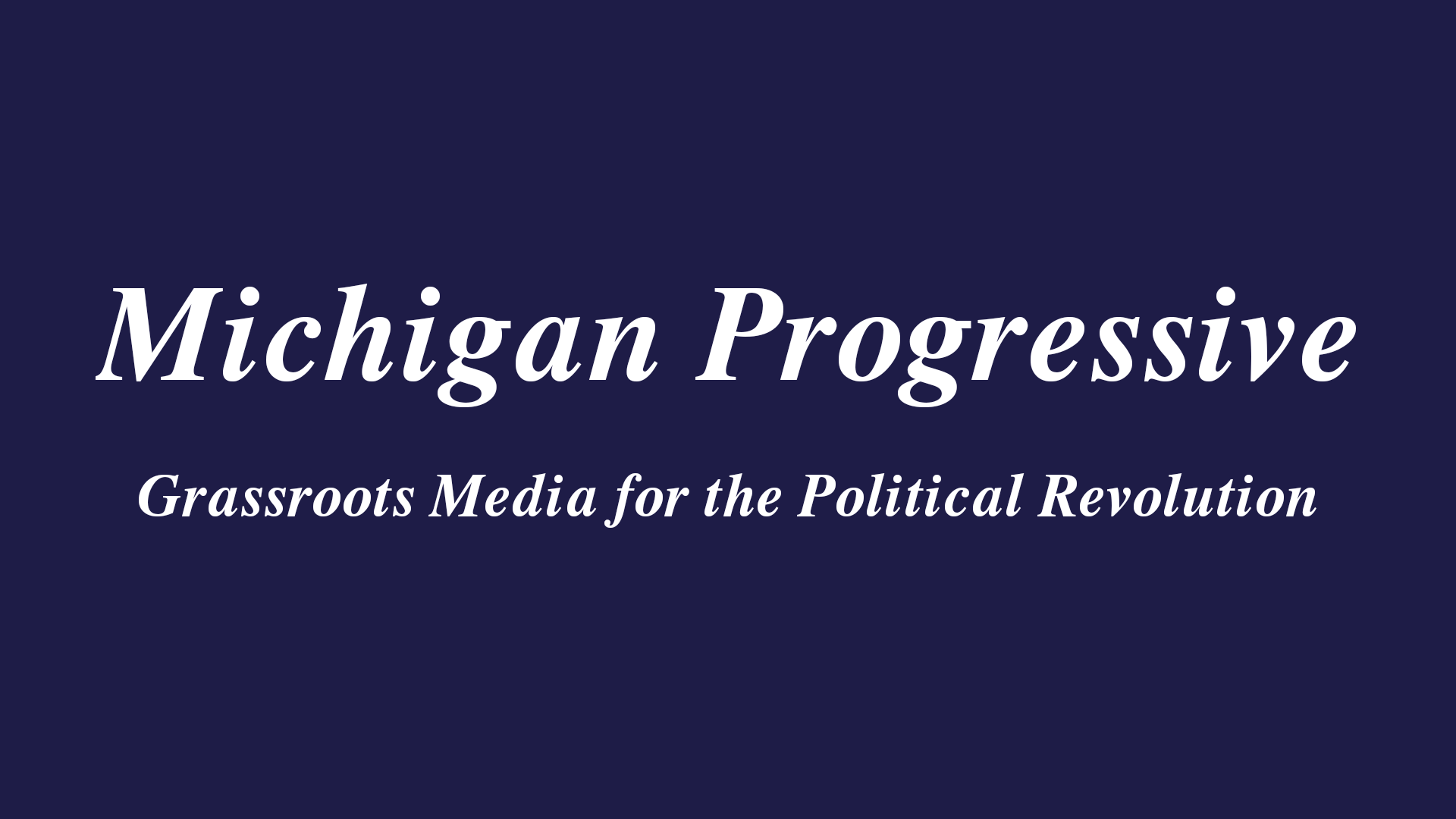Enforcement of the AWA wasn’t great before the Trump administration. In 2015 and 2016, the USDA filed 59 AWA enforcement complaints. Now, enforcement is far worse. In in the first year and a half of the Trump administration, only two were filed.
Access to information to hold animal abusers accountable is more difficult. In February 2017, in a move against transparency, the USDA removed AWA and Horse Protection Act inspection and enforcement reports from its searchable online database. The USDA is a public agency that is supposed to serve the public. These records do no good if they’re not public information. For instance, if a dog buyer cannot see inspection reports of a breeder, there is no incentive for the breeder to comply with the AWA. Removing the records also renders some state and local laws useless. Some states have puppy mill laws that require pet stores to source dogs from breeders whose USDA inspection reports don’t show major animal welfare issues. Without the inspection reports, these state laws are useless.
After public pressure, some documents were put back on its website. Unfortunately, 90{01455888e2f0b7d04668e5856c70a88946582713670d769b7c021b89f026e8f9} of the inspection reports of breeders posted online were made anonymous, so it’s impossible to track animal welfare records of breeders. The USDA has still failed to honor Congress’s request to restore all of the records in full.
Inspection standards and procedures have been weakened. The USDA recently released its latest Animal Welfare Inspection Guide [https://www.aphis.usda.gov/animal_welfare/downloads/Animal-Care-Inspection-Guide.pdf]. Over 150 pages were removed. It no longer requires that the facility’s veterinary care plan be signed by a veterinarian. It no longer requires veterinary care plans at all. It’s now just merely a suggestion. A lack of veterinary care with less USDA oversight is a recipe for disaster. The criteria for confiscating animals has been almost completely gutted in the guide.
The USDA is not allowing its inspectors to put the full findings in their inspection reports. “Critical” citations won’t be listed in inspection reports any longer as long as certain criteria are met. For instance, if the inspector finds care issues, as long as the veterinarian for the facility claims the issues are being addressed, no citation will be given. The animal abusers can even challenge the inspection reports before they’re finalized to further weaken them.
The USDA is instituting announcing some of its inspections in advance. Warning licensees and registrants of upcoming visits defeats the purpose of inspections as it gives them time to comply. The latest guide also allows the facilities to make excuses to stop the unannounced inspections such as having a doctor’s appointment.
The USDA issued a bulletin, “Animal Care Milestones for First Half of FY 2018,” that promoted “learning opportunities” for USDA employees to attend industry meetings of breeders, exhibitors, and testing labs to discuss “the guidance [the USDA] can provide.” The bulletin also talks about “noninspection visits or calls by specialists to help AWA facilities comply.” This just further illustrates how the USDA is moving away from being an enforcement agency to one that simply provides guidance.
Earlier this year the USDA even considered allowing inspections to be conducted by third-party trade associations for puppy mills, zoos, testing laboratories, etc. This would have been putting the fox in charge of the henhouse. Allowing animal industries to police themselves is frightening. The USDA only dropped its third-party inspection proposal after the industry opposed it.
Our members of Congress need to hear from us that the AWA is important and must be protected.
